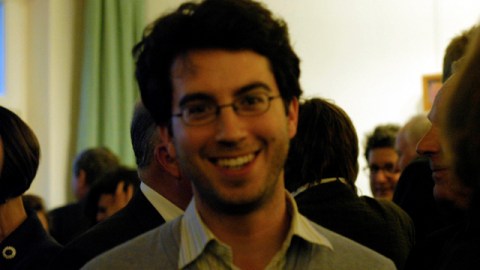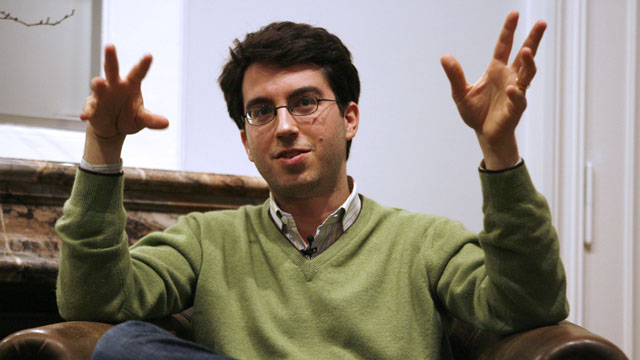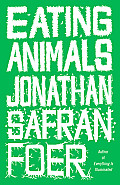Jonathan Safran Foer, Shelby Freedman Harris, and Yaakov Stern Interviewed by Big Think

A novelist and two neuroscientists came by Big Think’s offices this past week.
Jonathan Safran Foer, one of the most acclaimed young novelists of the past decade, spoke to us about his passionate belief in vegetarianism and the evils of factory farms (which generate 99% of the meat we consume). He noted that these farms are not only unethical and cruel but is the number one cause of global warming. Foer also told us about his creative process for fiction, saying that fiction is more freeing but also scarier than writing non-fiction.
The director of the Behavioral Sleep Medicine Program at Montefiore Medical Center in the Bronx, Shelby Freedman Harris is an expert on sleep disorders. She explained Imagery Rehearsal Therapy (IRT), the therapy she uses help patients combat persistent nightmares, often associated with Post-Traumatic Stress Disorder. By rehearsing nightmares in their conscious minds (and working to change the scary aspect of the dream to something pleasant), Harris’s patients are often able to overcome these nightmares without any sort of medication. Harris also discussed other bizarre disorders like sleep paralysis and REM Behavior Disorder.
Finally, Columbia University neuropsychologist Yaakov Stern talked to us about the how the brain copes with aging and sleep deprivation. Stern told us about his research on why some people are able to function with less sleep than other people. He also explained his theory of cognitive reserve which explains why some brains are able to overcome the damage caused by Alzheimer’s disease better than others. Stern says education and activity make the brain more plastic and thus more able to effectively work around neural degeneration.
If you want to be notified when our video interviews with these luminaries are posted, please subscribe to theWhat’s New at Big Think RSS feed.





